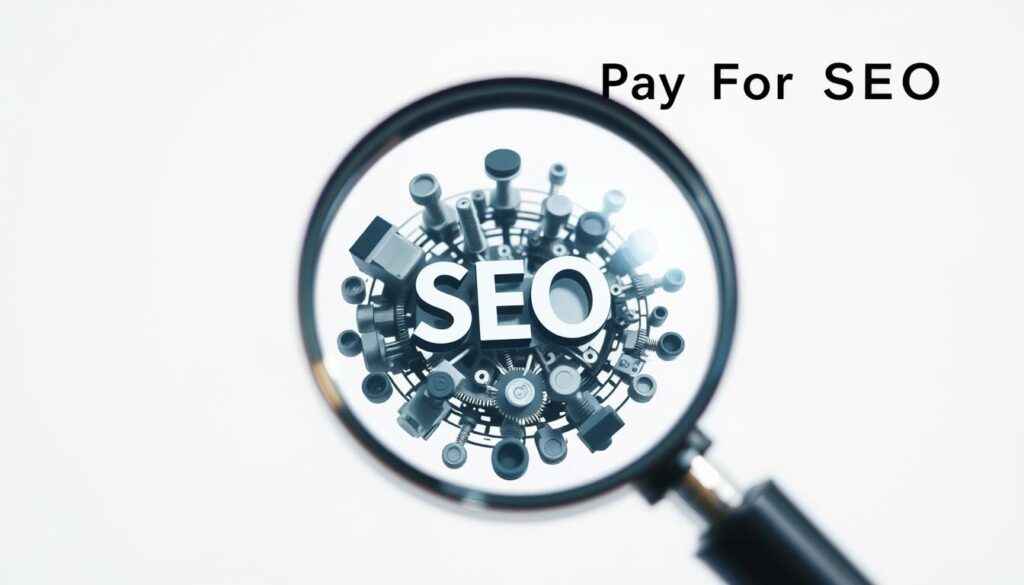Introduction
Imagine venturing into an expansive digital marketplace where opportunities abound at every corner. You are a merchant on this bustling street, with each passerby representing a potential customer. But here’s the catch: your store is just one among thousands. How do you stand out in this sea of competition? Welcome to the world of Search Engine Marketing (SEM), where visibility is king and strategy is paramount.
In this article, we delve into the intricacies of SEM costs, offering a comprehensive guide on what to expect annually. Whether you’re a small business or a burgeoning enterprise, understanding these expenses will empower you to navigate the digital lanes with confidence.
- What is Search Engine Marketing?
- Factors Influencing SEM Costs
- Average Annual SEM Costs
- How to Optimize Your SEM Budget
- Key Takeaways
- FAQ
- Conclusion
What is Search Engine Marketing?
Picture SEM as a lighthouse guiding potential customers through the foggy seas of the internet towards your website. It combines various strategies like pay-per-click (PPC) advertising and other paid search initiatives to enhance visibility and drive traffic. For more insights into the broad spectrum of online marketing, explore our digital marketing services.
Factors Influencing SEM Costs
The cost of SEM is not a one-size-fits-all figure. It varies based on several key factors:
Industry Competition
In competitive industries such as finance or legal services, SEM costs can soar as businesses battle for top spots. Conversely, niche markets may see lower expenses due to reduced competition.
Target Keywords
Like real estate, certain keywords are more valuable than others. High-demand keywords come with a heftier price tag, akin to prime property locations. Learn more about keyword value from experts like Moz.
Geographic Targeting
The broader your geographic targeting, the higher the costs. Local campaigns tend to be less expensive compared to nationwide or global efforts. Discover strategies for effective local targeting on our local SEO insights.
Average Annual SEM Costs
The average annual spend on SEM can range widely, from $10,000 to upwards of $100,000 or more. This variance hinges on your business size, goals, and industry. According to authoritative sources like the Statista, U.S. companies allocate significant portions of their marketing budgets to online advertising.
How to Optimize Your SEM Budget
To make your SEM investment worthwhile, consider these strategies:
- Define Clear Goals: Establish specific objectives to guide your spending.
- Utilize Analytics: Leverage tools like Google Analytics for data-driven decisions.
- A/B Testing: Experiment with different ad formats to identify what resonates best.
- Regular Audits: Conduct periodic assessments to ensure efficient spending.
For a deeper dive into optimizing your digital strategy, consider scheduling a free consultation.
Key Takeaways
- SEM involves strategic paid advertising to boost online visibility.
- Costs vary based on industry, keyword selection, and geographic scope.
- Annual SEM budgets can range from $10,000 to over $100,000.
- Optimization is crucial for maximizing return on investment.
FAQ
Q1: Is SEM worth the investment?
A1: Yes, when executed effectively, SEM can significantly increase your brand’s visibility and sales.
Q2: Can I manage SEM myself?
A2: While possible, working with professionals ensures strategic execution and better results. Explore our agency services for expert assistance.
Conclusion
Navigating the waters of search engine marketing may seem daunting, but with the right knowledge and strategy, it becomes an invaluable tool in your business arsenal. As you chart your course through the digital landscape, remember that every dollar spent on SEM is an investment in future growth and visibility.
If you find yourself at a crossroads wondering whether it’s worth investing in an SEO company, explore insights from our blog post on why paying an SEO company could be beneficial for your business.
For additional resources and guidance on enhancing your online presence, feel free to explore further articles from our internal links list or consult trusted sources like the Google SEO Starter Guide.






